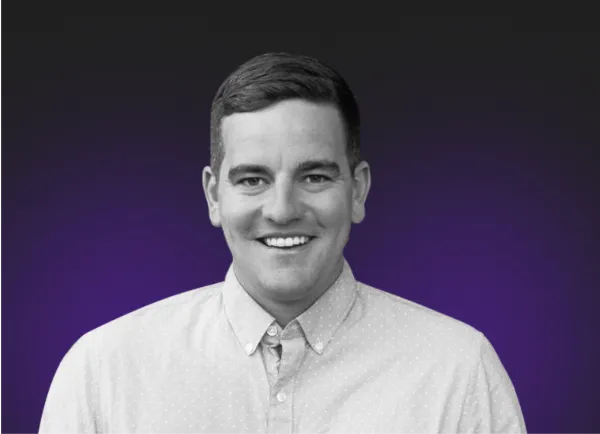Last week our CEO, Mike Preuss, joined the Product Market Misfits podcast to discuss Mike’s lessons from building Visible and how startups can think about fundraising. We’ve shared our favorite quotes and takeaways from the podcast below. If you’d like to give the full episode a listen, you can do so here.
Fundraising is like B2B Sales
We think that the fundraising experience for a founder is the same as what a B2B enterprise SaaS selling motion is. So you have your prospecting and awareness of your brand at the top of the funnel. And then all the way at the bottom of the funnel, you have current investors and investor updates which I would call customer success, right? And then in the middle you have things you are putting a pipeline together and having meetings and those meetings are progressing. And, hopefully I get a couple, a term sheet or more at the end of that whole process.
We often compare the traditional VC fundraising process similar to that of a B2B enterprise SaaS sales funnel. Dan asked Mike about how investor updates can be a secret weapon for a startup (as mentioned in a previous podcast episode). Mike goes on to explain how investor updates can fuel your “fundraising funnel.” Learn more about running a fundraising funnel here.
Connecting the Dots for Potential Investors
If I’m sending an investor update out every month and sharing a light version with potential investors, I’m staying top of mind to them. I’m showing progress along the way. You’re probably building a relationship with them through that, that mechanism. Because remember a big part of this whole kind of song and dance of fundraising is building a relationship with new investors.
Speaking more tactically on the idea of using investor updates during a fundraise Mike mentions how the value of investor updates can be two sided. One one hand, you can use a light version of an investor update to “nurture” your potential investors to speed up the conversation and negotiations when the time is right to raise.
Using Investor Updates During Due Diligence
A lot of times in diligence, depending on the stage, investors will ask for you to send them your last 12 months of investor updates. If you don’t have it that’s a really bad sign. But done correctly that will help weave a narrative and will let the investor see think, “hey, this is how I can expect for them to engage with me after I write a check.”
On the other hand, investors updates are a vital part of the due diligence process. One of the first places your new potential investors will ask about how you operate is your current investors. If you do not regularly communicate with your current investors and they are not willing to be an evangelist with new potential investors, that is generally a red flag. As Mike mentioned, new investors may simply just want a first hand look at your last 12 updates as well. To learn more about investor updates and how you can leverage them for fundraising, check out our investor updates guide here.
On the Importance of Harmony in the Workplace
Harmony is our secret weapon. What I’ve realized is that just because you’re working more hours or your butts in a chair doesn’t mean you’re actually more productive and we have a lot of bit data to back that up.
When asked, “what is your secret weapon for team culture?” Mike dug into the importance of harmony at Visible. Mike goes on to explain how he does not prescribe to the idea of work/life balance. Rather work is a component of life and there needs to be harmony between your life and the things that are a part of it, like work.
Mike and Dan go into deep detail to cover more tactical fundraising advice, company building, and “secret weapons” that Mike has used during his time as a founder. If you’d like to give the full episode a listen, you can do so here.




